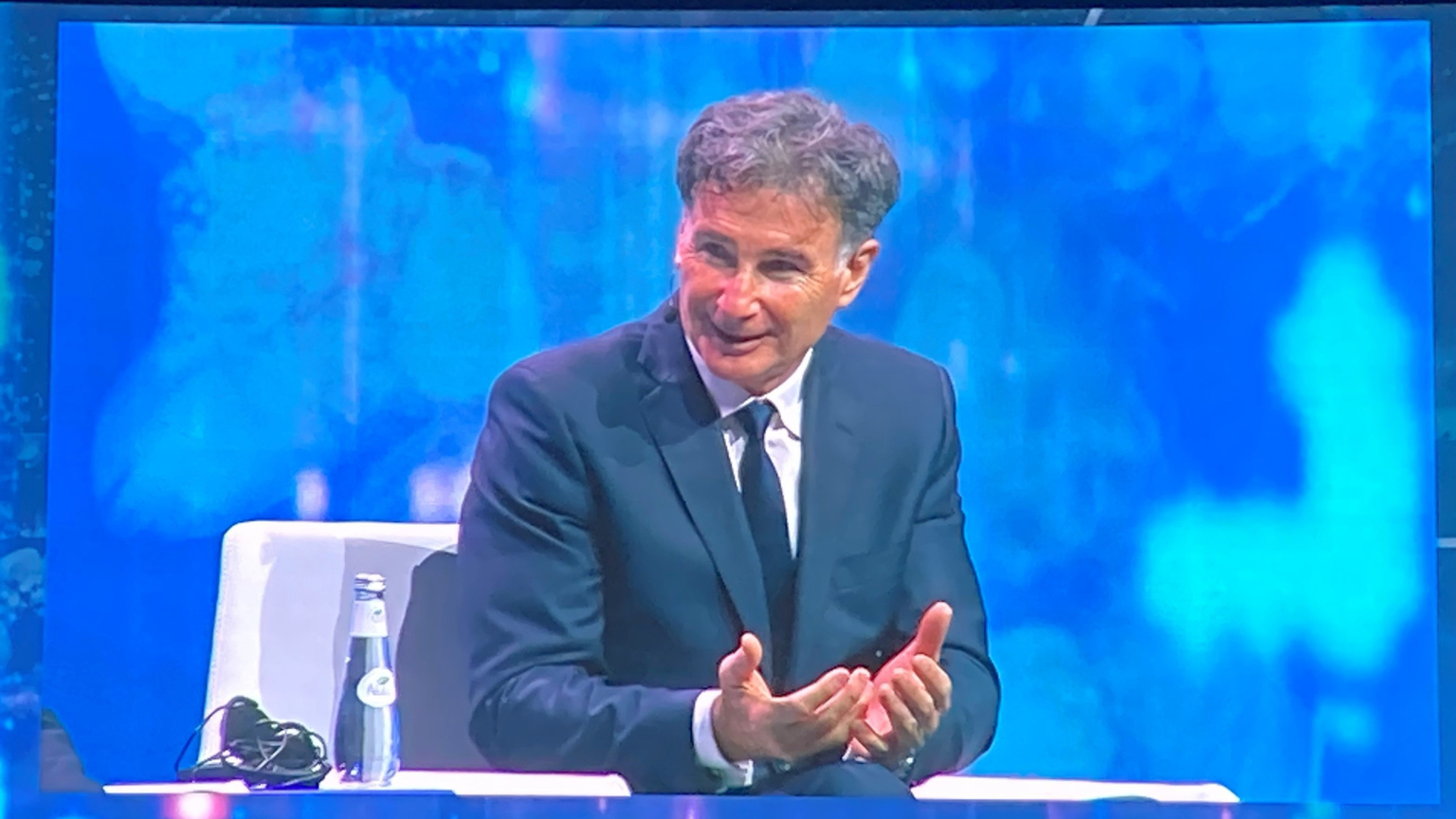Border delays raise the cost of international road transport by up to 50%, dampening trade potential. How do we fix this?
IRU underlined the significant payoffs of harmonising border-crossing procedures at the Global Logistics Forum in Riyadh, Saudi Arabia, today.
Speaking on a high-level panel about frictionless borders and swift logistics, IRU Secretary General Umberto de Pretto said, “The absence of standardised border procedures results in damaging inefficiencies and higher costs.
“Fortunately, we have tried-and-tested tools such as the global TIR transit system that have been harmonising border-crossing procedures for decades. It’s just a matter of implementation.
“Right here in Saudi Arabia, we have witnessed the remarkable benefits of TIR since it went live in 2020, with the unwavering support of the Zakat, Tax and Customs Authority. The results speak for themselves.”
IRU manages TIR under a United Nations mandate. Over 30,000 transport and logistics companies use TIR in their day-to-day operations globally.
In the Gulf Cooperation Council region, TIR has slashed transport times by up to 92% and costs by up to 50%. TIR volumes have grown by more than ten-fold over the past three years alone in the region.
In response to questions on innovation and public-private partnerships in road transport, Umberto de Pretto said, “Innovation comes from both the private and public sector, but business is a crucial source in the development of technology, and more importantly, in how it is applied.
“Furthermore, innovation needs to balance security with trade facilitation, speed and costs. Every digitalisation effort benefits the public and private sectors,” said Umberto de Pretto. “For example, the advance cargo pre-declaration system TIR-EPD allows customs to manage the risk of cargo ahead of time, enabling TIR trucks to use priority lanes.”
“As the UN’s longest standing public-private partnership, IRU is anchored in the international community as an unwavering advocate for sustainable trade and development,” he concluded.


